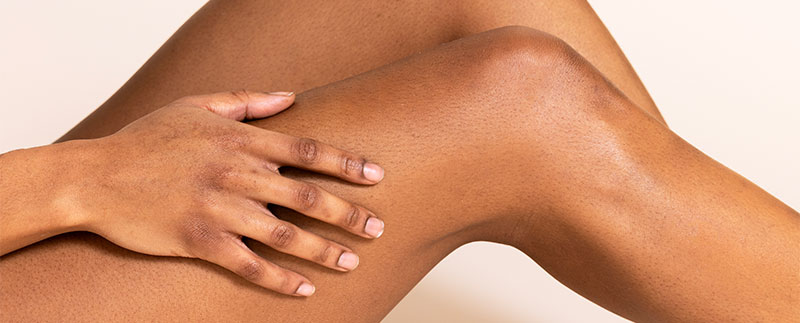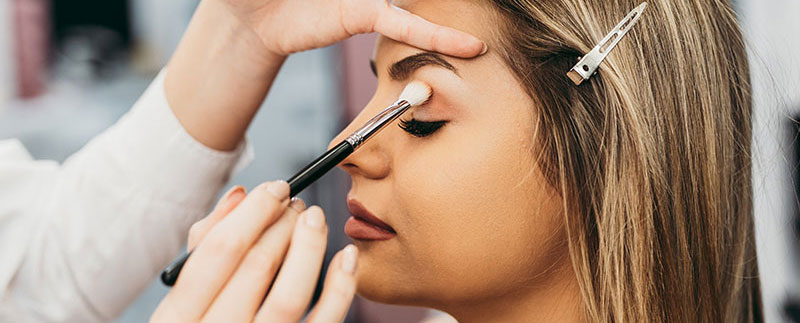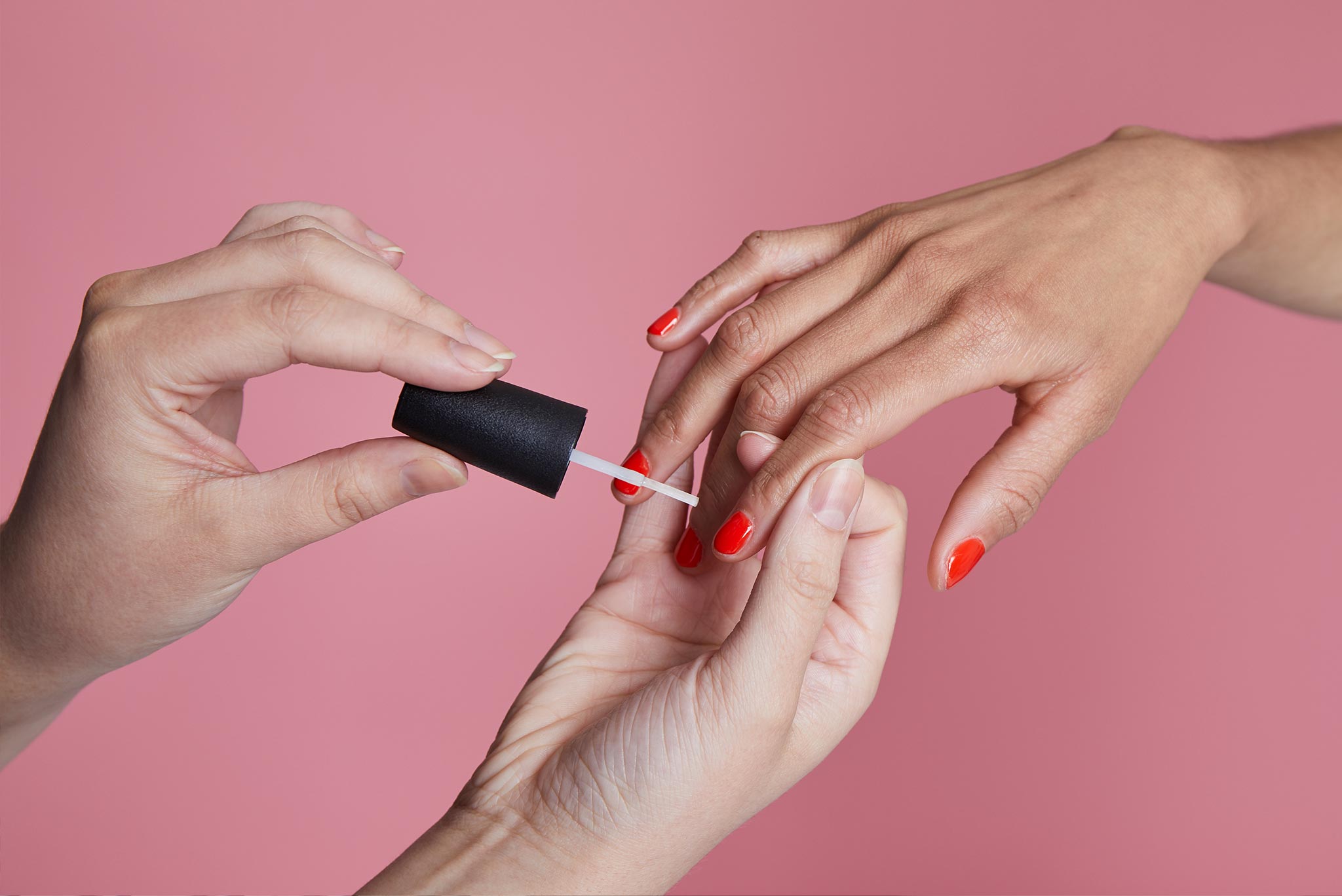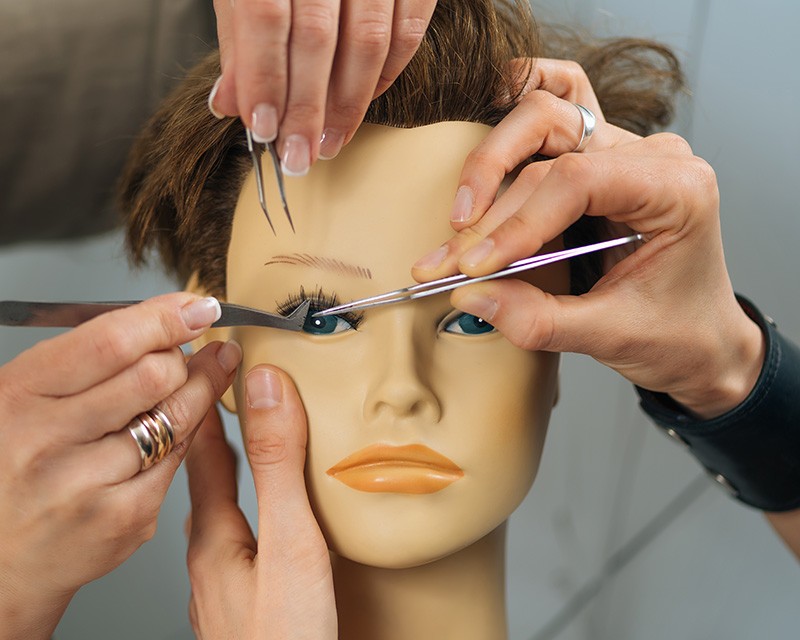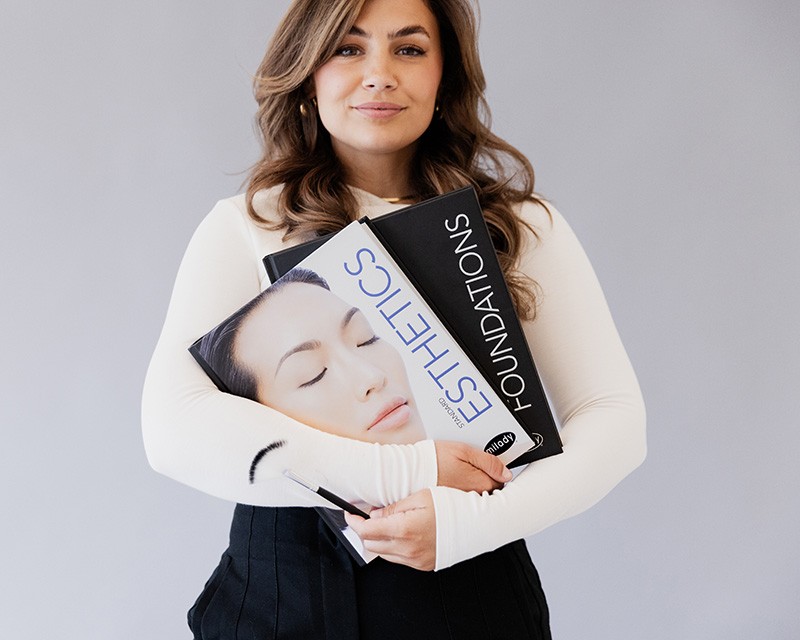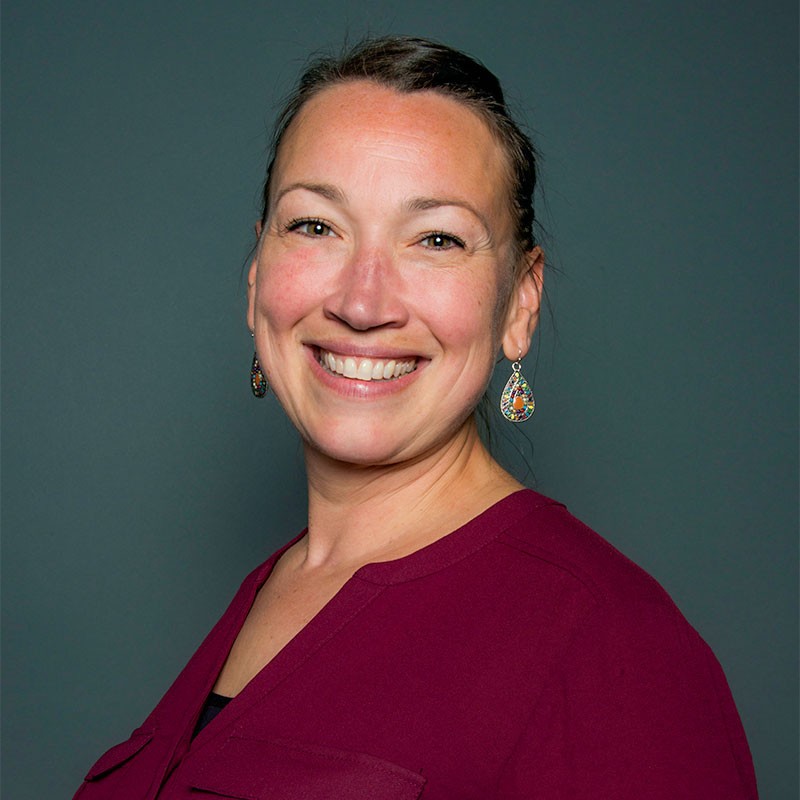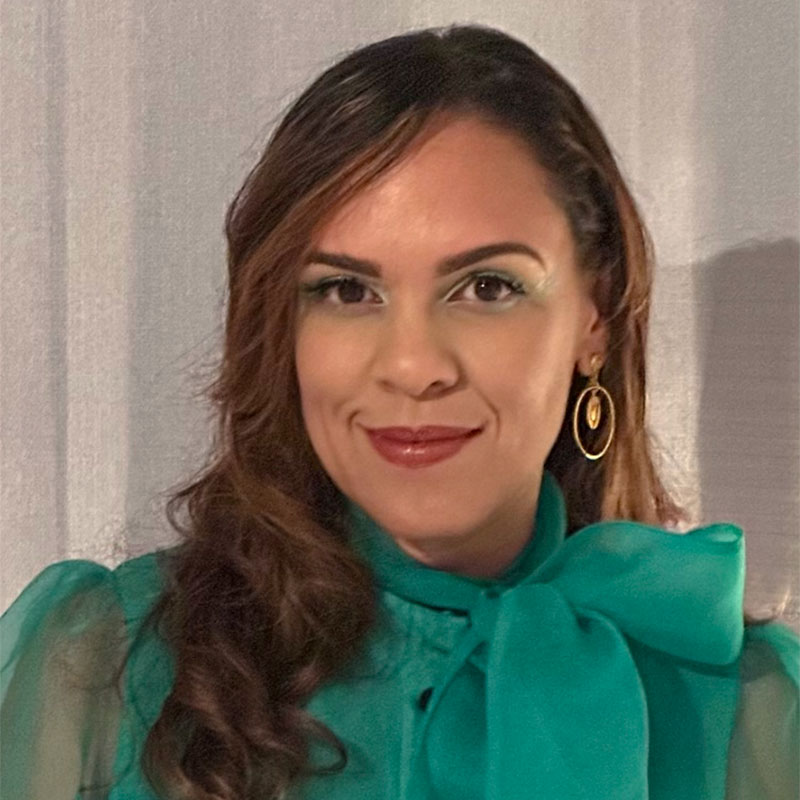Cosmetologist vs. Barber: Which One Is Right For You?
Are you researching the difference between a cosmetologist vs. barber and trying to decide which discipline to pursue in beauty school? Here’s the scoop.
Milady | January 3, 2024 | 15 min read
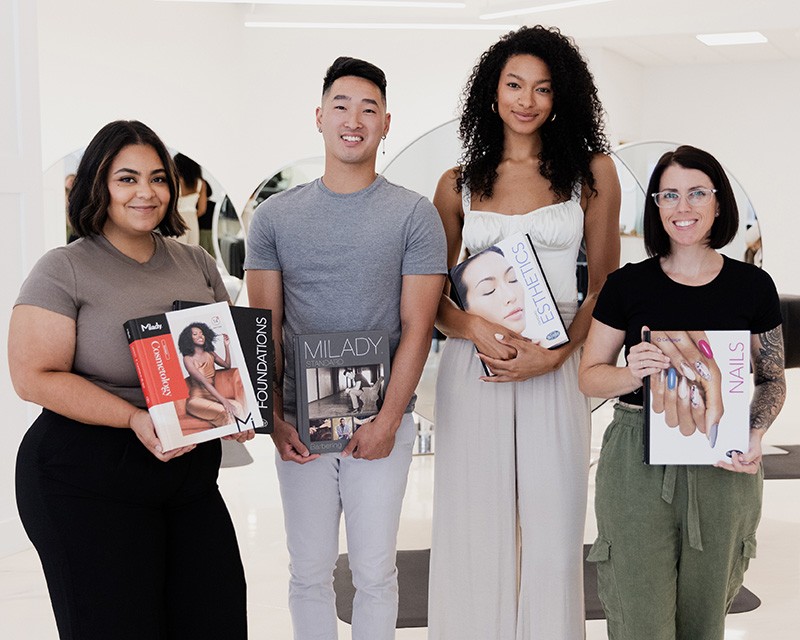
Maybe you’ve been dreaming about the beauty industry, and now you’re getting serious about enrolling in beauty school. You know you want to focus on hair, but you’re debating between cosmetology vs. barber. Are they really that different? How can you possibly decide which program to follow?
Don’t worry—we got you! In this article, we delve into the world of cosmetologists and barbers.
Table of Contents
- What’s the difference between barbering and cosmetology?
- What does a barber do?
- What does a cosmetologist do?
- How do cosmetology and barbering programs differ?
- How should you decide between cosmetologist vs. barber?
What’s the difference between barbering and cosmetology?
Barbering is all about creating short hairstyles, shaping facial hair (like beards, mustaches, and eyebrows), and shaving with straight razors. Barbering encompasses lots of clipper work and precision detailing in smaller areas.
On the flip side, cosmetology’s focus is broader. While hair is the primary emphasis, cosmetology also involves skin and nails.
What does a barber do?
If you’re new to barbering, you might picture the red, white, and blue barber pole twirling outside a shop where an older guy cuts another older man’s hair. That might have been your grandfather’s barber, but today’s barbering field is different.
Data USA reports that 77% of barbers are men and 23% are women. The average age for each is 39.8 and 40.8, respectively. According to Zippia, the average annual barber salary is $40,305.
As for what barbers do, as mentioned above, they specialize in the art of short haircuts. They’re also talented with razors and clippers. Below are some of the services licensed barbers offer:
- Short haircuts and fades
- Straight razor shave
- Haircoloring/gray blending
- Facial hair services, like beard and mustache trimming
- Hot towel massages of the face
- Facials, moisturizing, exfoliation
- Scalp designs/shaved designs
- Professional braiding
- Scalp massage and conditioning treatment
Some barbers also offer hair replacement services and scalp micro-pigmentation.
What does a cosmetologist do?
Cosmetologists are professionals licensed in hair, nail, and skin care, although many cosmetologists focus primarily on hair services.
Common cosmetology services include:
- Haircoloring, cutting, and styling
- Perms
- Chemical relaxing
- Waxing
- Facials
- Makeup application
- Manicures and pedicures
Zippia says the average annual salary for a cosmetologist is $37,122. However, a more comprehensive study by Qnity found that cosmetologists make an average of $54,307 when working 27.8 hours a week. Adjusted for a 40-hour work week, this would amount to $79,807.
What are the similarities and differences between cosmetology and barbering programs?
Cosmetology programs focus on hair, skin, and nails. Barbering programs are all about hair and straight razors. (Some programs might include nails, but this is the exception, not the norm.)
On average, cosmetology programs take 1400 to 1600 hours to complete. Barbering programs take around 1200 hours. (Different states have different hourly requirements.)
Both tracks require students to work in the student salon to practice skills and techniques. To become licensed, you must also demonstrate proficiency by taking and passing a state licensing exam.
How should you decide between cosmetologist vs. barber?
Both cosmetology and barbering are excellent career paths, so you can’t go wrong with either. The U.S. Bureau of Labor Statistics says that overall employment of barbers and cosmetologists is expected to grow 8% by 2032, which is faster than the average for all other occupations.
Many types of job opportunities exist for both as well. The most common include working in a salon, spa, or barber shop or owning a business. But plenty of other opportunities exist for talented beauty professionals, including beauty editors, writers/bloggers, brand managers, product developers, fashion shoot stylists—the list is seemingly endless.
But back to the original question: How can you decide between cosmetology and barbering?
Well, when you’re just starting out, it’s common for newly licensed pros to work in a salon or shop. So, picture yourself at work in these settings.
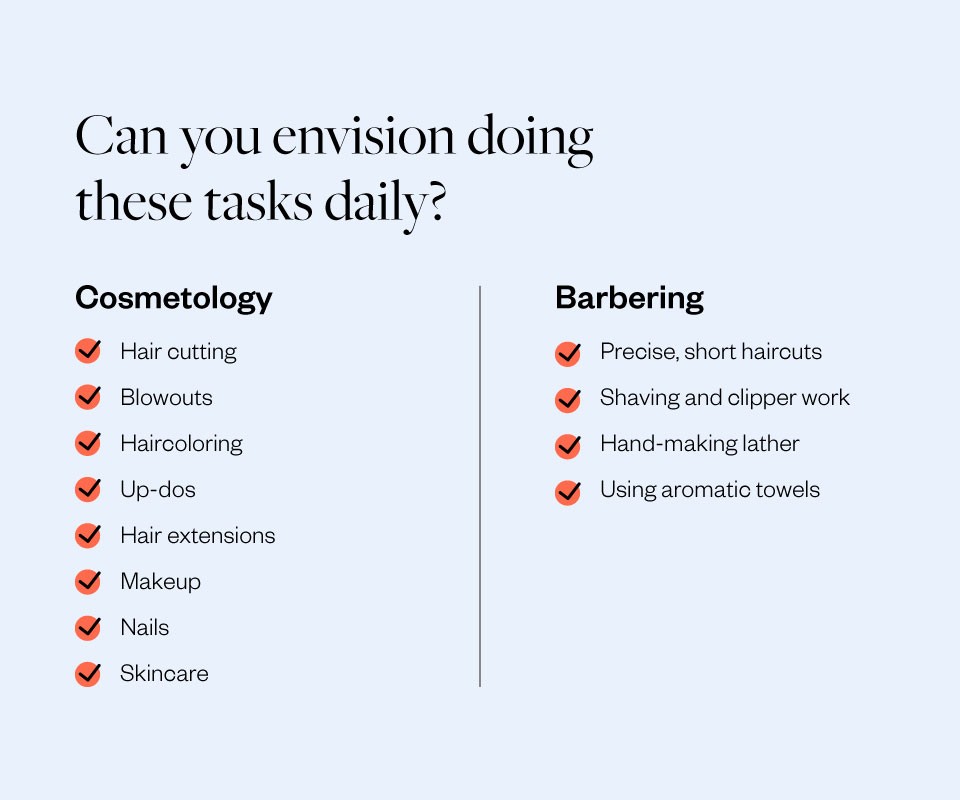
It’s a matter of preference; the above is simply a guideline. Keep in mind that barbering tends to be speedier since you’re working with shorter hair. So if you get excited by the idea of moving quickly and seeing many clients throughout the day, barbering could be for you.
Another way to decide between cosmetology and barbering is by talking with licensed cosmetologists and barbers.
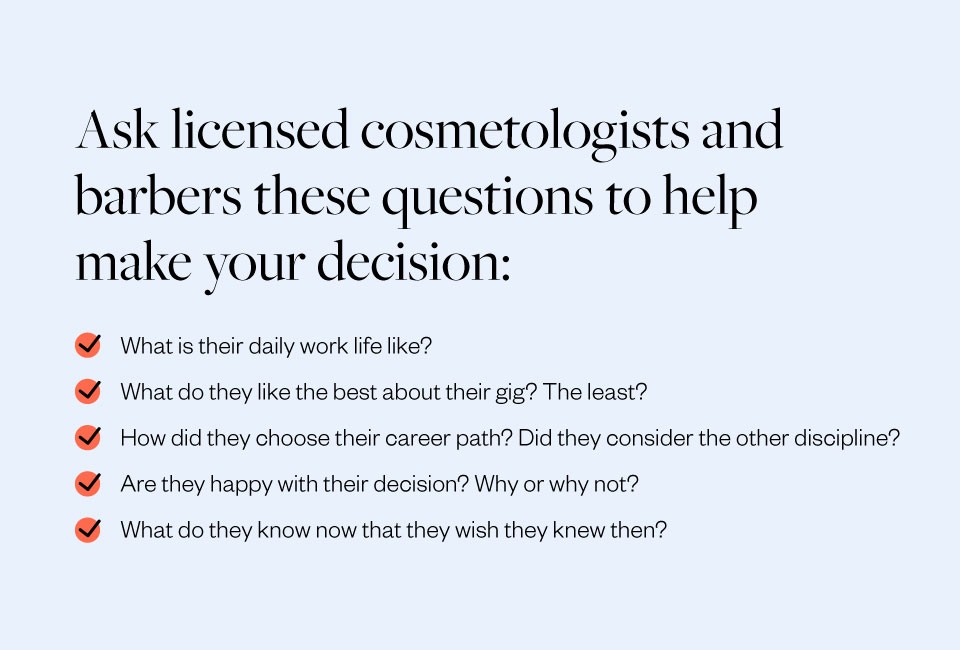
You could also ask if you can shadow them to get a sense of what a day in the life of a cosmetologist or a day in the life of a barber is like.
Remember, you can always get a second license later. If you decide to pursue cosmetology but decide later that you want to add barbering services to your menu, you can get a barbering license (and vice versa).
And the good news is that it won’t take you as long as the first license since you’ll essentially apply your cosmetology hours to a crossover barbering program (or vice versa—you’ll apply your barbering hours to a cosmetology crossover program). The number of hours needed for crossover programs will vary by state.
Much overlap exists between the two disciplines since both emphasize hair. Many skills you learn as a cosmetologist or barber apply to the other discipline. The point of the second license is to learn the skills you haven’t already acquired, like shaving with a straight razor (if you’re a licensed cosmetologist) or nail care and makeup application (if you’re a licensed barber).
The best part? Getting a second license will make you even more marketable since you’ll essentially be able to do it all: short and long hair, facial hair, shaving with a straight razor, nails, and skin.
Bottom line: You can’t go wrong with either cosmetology or barbering, so listen to your gut.
You’ve shown you’re doing your due diligence by researching this topic (it’s probably why you landed on this article in the first place). Now, it’s simply a matter of asking yourself what you can see yourself doing years from now: lots of short haircuts while wielding razors and clippers? Or lots of hair services, like coloring, blowouts, extensions, plus makeup and nails?
There’s no right or wrong answer—only what’s right for you right now. Whichever path you choose, we wish you much success.
Ready to take the first step towards an exciting and rewarding career in the beauty industry?
Sign up for the Milady email list. As a subscriber, you’ll get a sneak peek into the world of beauty and all the possibilities that await you. Don’t miss out on this opportunity to stay in the know and start your journey towards a brighter future today.
"*" indicates required fields

About Milady
Milady is on a mission to prove that a career in the beauty industry can lead to professional success and personal fulfillment. Our job is to create forward-thinking education that reshapes the industry and uplifts the next generation of beauty professionals. Let’s change the face of beauty. Learn more about Milady, here.

